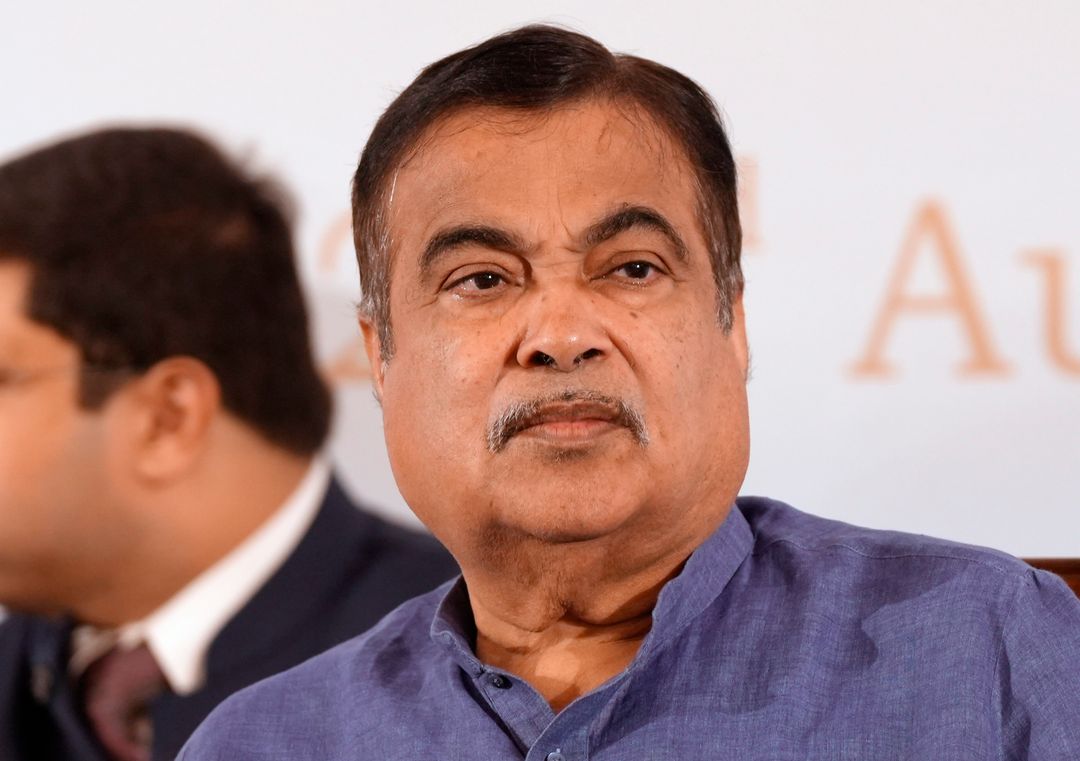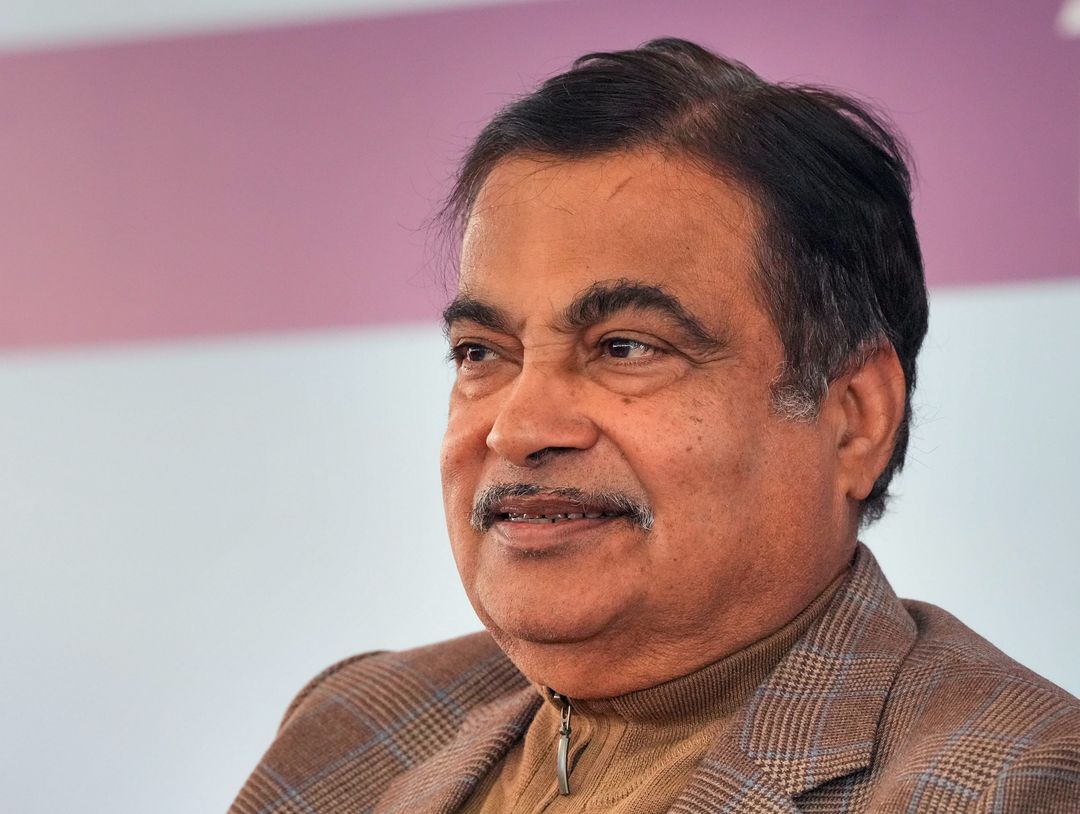New Delhi, Feb 4 (PTI): In a move to enhance sanitation facilities across the country, the government is constructing separate toilet facilities for male and female users near toll plazas along national highways. This initiative is a part of the Swachh Bharat Mission, with a focus on providing clean and accessible public conveniences for travelers.
Union Rural Development Minister Shivraj Singh Chouhan made this announcement in a written response to the Lok Sabha on Monday, citing data from the Ministry of Road Transport and Highways (MoRTH). According to Chouhan, since 2015, separate toilet blocks for men and women have been built at toll plazas on highways under the jurisdiction of the National Highways Authority of India (NHAI).
As part of ongoing efforts to improve highway infrastructure and sanitation, the NHAI has developed the Rajmarg Yatra app. This mobile application enables highway users to report issues related to public amenities, including toilets. In addition, the NHAI has incorporated a new feature in the NHAI One application to monitor toilet cleanliness. The application utilizes artificial intelligence (AI) tools to ensure that restrooms are regularly inspected and maintained. To date, over 1,300 toilet blocks have been registered in the NHAI One application for cleanliness monitoring.
The government has put in place strict maintenance standards for toilet facilities at toll plazas. The contracts with toll agencies include detailed Service Level Agreements (SLA) specifying maintenance requirements. Failure to meet these standards results in penalties, with the NHAI having imposed approximately ₹46 lakh in fines for non-compliance so far.
Furthermore, the NHAI, in collaboration with the National Highways Logistics Management Limited (NHLML), is working on the development of Wayside Amenities (WSAs) at intervals of 40-60 kilometers along national highways and expressways. These WSAs, which are designed to offer essential services for highway travelers, must include public toilet facilities. To date, 455 WSAs have been awarded contracts, with 90 already operational across the country.
Rajasthan leads the country in the number of operational Wayside Amenities, with 58 facilities, followed by Haryana and Madhya Pradesh with 48 each. Other states like Gujarat (45), Uttar Pradesh (44), Punjab (35), and Andhra Pradesh (34) have also developed significant numbers of WSAs.
The government also provided an update on its broader sanitation efforts. The Ministry of Housing and Urban Affairs (MoHUA) emphasized that sanitation is a state matter under the Constitution, with local urban bodies responsible for water and sanitation services. Through the Swachh Bharat Mission-Urban (SBM-U), significant progress has been made, with 67.57 lakh Individual Household Latrines (IHHLs) and 6.52 lakh community/public toilets constructed as of December 31, 2024.
Additionally, the Department of Drinking Water and Sanitation, part of the Ministry of Jal Shakti, has instructed state governments to build Community Sanitary Complexes (CSCs) in public spaces like markets, tourist areas, and bus stands. Since 2014-15, over 2.5 lakh CSCs have been established under the Swachh Bharat Mission-Grameen (SBM-G), which was launched with the goal of eliminating open defecation in rural India by October 2, 2019. The mission’s second phase, running from 2020 to 2026, focuses on maintaining Open Defecation Free (ODF) status and improving solid and liquid waste management across rural areas.
Union Rural Development Minister Shivraj Singh Chouhan made this announcement in a written response to the Lok Sabha on Monday, citing data from the Ministry of Road Transport and Highways (MoRTH). According to Chouhan, since 2015, separate toilet blocks for men and women have been built at toll plazas on highways under the jurisdiction of the National Highways Authority of India (NHAI).
As part of ongoing efforts to improve highway infrastructure and sanitation, the NHAI has developed the Rajmarg Yatra app. This mobile application enables highway users to report issues related to public amenities, including toilets. In addition, the NHAI has incorporated a new feature in the NHAI One application to monitor toilet cleanliness. The application utilizes artificial intelligence (AI) tools to ensure that restrooms are regularly inspected and maintained. To date, over 1,300 toilet blocks have been registered in the NHAI One application for cleanliness monitoring.
The government has put in place strict maintenance standards for toilet facilities at toll plazas. The contracts with toll agencies include detailed Service Level Agreements (SLA) specifying maintenance requirements. Failure to meet these standards results in penalties, with the NHAI having imposed approximately ₹46 lakh in fines for non-compliance so far.
Furthermore, the NHAI, in collaboration with the National Highways Logistics Management Limited (NHLML), is working on the development of Wayside Amenities (WSAs) at intervals of 40-60 kilometers along national highways and expressways. These WSAs, which are designed to offer essential services for highway travelers, must include public toilet facilities. To date, 455 WSAs have been awarded contracts, with 90 already operational across the country.
Rajasthan leads the country in the number of operational Wayside Amenities, with 58 facilities, followed by Haryana and Madhya Pradesh with 48 each. Other states like Gujarat (45), Uttar Pradesh (44), Punjab (35), and Andhra Pradesh (34) have also developed significant numbers of WSAs.
The government also provided an update on its broader sanitation efforts. The Ministry of Housing and Urban Affairs (MoHUA) emphasized that sanitation is a state matter under the Constitution, with local urban bodies responsible for water and sanitation services. Through the Swachh Bharat Mission-Urban (SBM-U), significant progress has been made, with 67.57 lakh Individual Household Latrines (IHHLs) and 6.52 lakh community/public toilets constructed as of December 31, 2024.
Additionally, the Department of Drinking Water and Sanitation, part of the Ministry of Jal Shakti, has instructed state governments to build Community Sanitary Complexes (CSCs) in public spaces like markets, tourist areas, and bus stands. Since 2014-15, over 2.5 lakh CSCs have been established under the Swachh Bharat Mission-Grameen (SBM-G), which was launched with the goal of eliminating open defecation in rural India by October 2, 2019. The mission’s second phase, running from 2020 to 2026, focuses on maintaining Open Defecation Free (ODF) status and improving solid and liquid waste management across rural areas.

